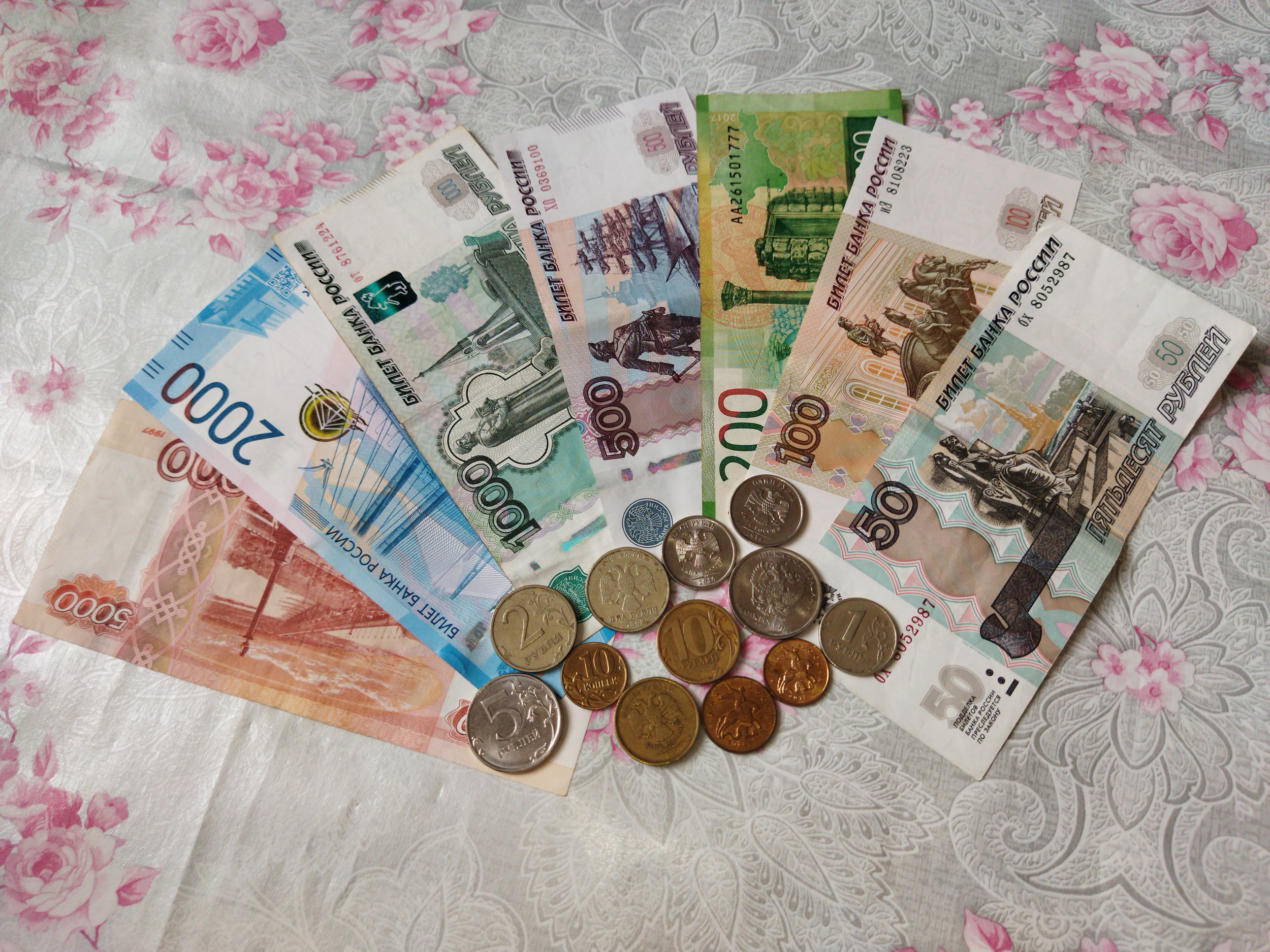Ukraine’s Neighbors Rally to Support Surging Refugees
The Bucharest Nine states have pledged solidarity with Ukraine in the wake of the Russian invasion (Wikimedia Commons).
The Bucharest Nine (B9), a group of Eastern European NATO states, announced on February 25 in Warsaw its “unequivocal” support for Ukraine following its invasion by Russian forces. The conference called on Europe to put an end to Russian aggression and preserve Ukrainian sovereignty, and also pledged humanitarian aid to Ukraine and its residents.
“We all support Ukraine unequivocally,” Polish President Andrzej Duda told reporters. “I’ve no doubt that our attitude and NATO’s attitude will be implemented and will work. You can’t accept aggression in Europe, which experienced the First and Second World War.”
As fighting rages Ukraine’s Eastern European neighbors now confront the challenge of rising refugee counts as civilians flee the bloodshed at home. As Ukrainian President Volodymyr Zelensky has barred males aged 18 to 60 from leaving the country under a declaration of martial law, these refugees are predominantly women and children.
In Poland, which borders Ukraine, local government officials have expressed solidarity with fleeing Ukrainians, housing and feeding those who cross the border. In an English-language interview with Poland’s public Polskie Radio, Krzysztof Stanowski of the city of Lublin’s municipal office said,“we, the communities close to the border, understand that this is our obligation.”
In the same interview, Stanowski outlined his city’s intention to house as many as 15,000 refugees in college dormitories and hotels before the erection of any temporary refugee housing facilities or camps.
Lithuania, also a B9 member, is pursuing legal channels to aid refugees, suspending the requirement to undergo an asylum application process for fleeing Ukrainians.
“There will certainly be no requirement to apply for asylum. [Ukrainians] will be able to apply for a temporary residence permit in Lithuania on humanitarian grounds or a national visa on humanitarian grounds,” said Liucija Voišnis, Deputy Director of Lithuania’s Migration Department. Additionally, Ukrainians presently holding a temporary residence permit will not be required to leave Lithuania upon that permit’s expiration.
Refugee acceptance in Lithuania has also garnered spiritual support. Acknowledging that as many as 100,000 Ukrainians could arrive at the Lithuanian border, Archbishop Gintaras Grušas told reporters that “the Church and the mayors of various cities in Lithuania are working together to accommodate the influx of refugees.”
The rhetoric coming out of Romania, one of the EU’s poorest countries and a neighbor of Ukraine, is less supportive. Following a February 24 meeting of the Romanian Supreme Council of National Defense, a Romanian political source told Radio Free Europe that “we do not want to invite a flow of refugees. If the refugees turn up, we'll ensure the necessary conditions, but we aren't inviting refugees to come to Romania.”
This government position, however, has not restrained individual acts of charity. Romanian restaurateur Stefan Mandachi, for one, has pledged to transform his space into a haven for those fleeing violence in Ukraine.
“We decided we'll give one hot meal a day to every Ukrainian who comes to our restaurants,” Mandachi announced. “If necessary, we'll compartmentalize a large event hall—it's 1,000 square meters—so that those who need shelter can sleep.”






